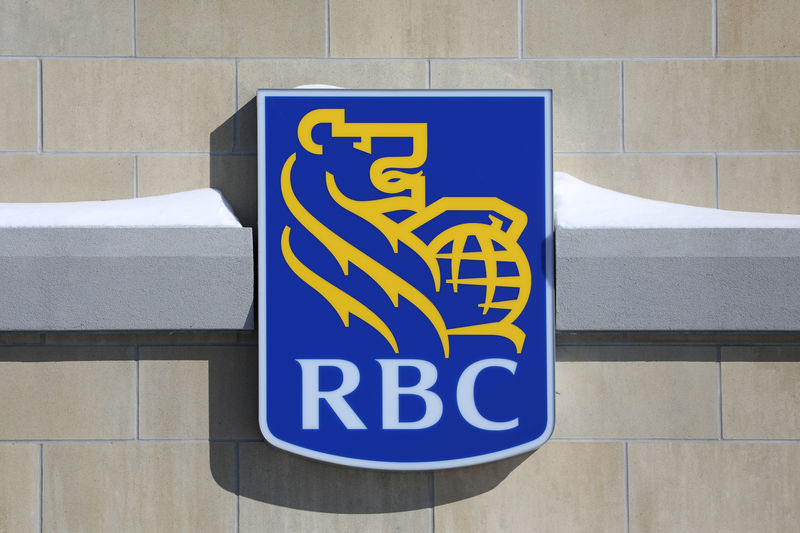By Nichola Saminather
TORONTO (Reuters) - RBC Capital Markets has been fined $5 million (C$6.7 million) by the U.S. Commodities and Futures Trading Commission for failures that resulted in unlawful trades and other violations between at least late 2011 and May 2017.
Between December 2011 and October 2015, RBC Capital Markets (RBCCM), a unit of Canada's biggest lender, Royal Bank of Canada (TO:RY), engaged in at least 385 non-competitive, fictitious or unlawful trades, the CFTC said in a statement on its website https://www.cftc.gov/PressRoom/PressReleases/8034-19 on Tuesday.
The CFTC said 217 of the trades took place after the entry of a consent order in December 2014 of a CFTC enforcement action against RBC for fictitious transactions.
"The order finds that RBCCM had actual notice of the December 2014 injunction against RBC prohibiting wash trading, yet the Wash EFPs (exchange for physical) continued at RBCCM," according to the statement.
In a wash trade, an investor simultaneously buys and sells the same financial instruments, creating misleading activity. An exchange for physical is an agreement to trade a futures contract for the underlying asset.
"This matter has been resolved and we continue to remain committed to complying with regulatory requirements," a spokeswoman for RBC said by email on Thursday. "We have enacted a number of measures to prevent this issue from recurring, including improved surveillance and additional training."
Those involved believed such moves were allowed, and a compliance officer did not respond to inquiries on whether the trades were appropriate until at least May 2015, according to CFTC.
And while RBCCM reported the trades to the CFTC shortly before disclosing them in its 2015 compliance report, it failed to respond fully and on time to document requests and subpoenas from CFTC staff, the regulator said. RBCCM also tried to dissuade the regulator's staff from examining RBC's role in the trades.

The CFTC also found RBCCM, which was responsible for handling RBC's futures transactions in the United States, failed to "adequately implement a reasonable supervisory system overseeing its futures transactions."